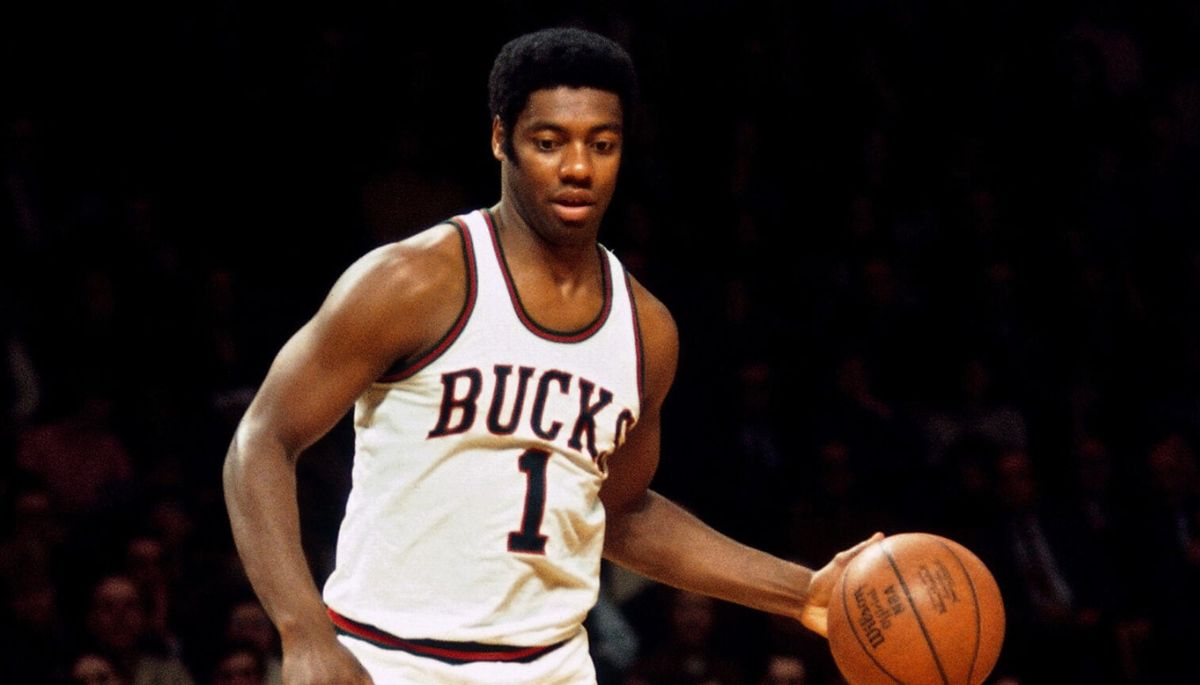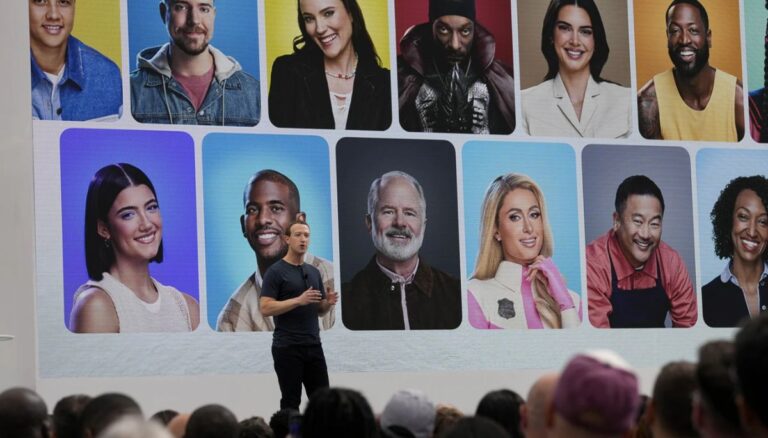Highlights
- Oscar Robertson broke racial barriers and achieved unprecedented success in basketball, becoming the first player to average a triple-double in an NBA season (1961) and helping lead significant changes in players’ rights through the “Oscar Robertson Rule.”
- His relationship with his wife Yvonne was central to his life story – they married in 1960, had three daughters together, and maintained a marriage spanning over 60 years while facing various challenges together.
- Beyond basketball, Robertson demonstrated profound personal sacrifice and advocacy, particularly after donating his kidney to his daughter Tia in 1997, which led him to become an advocate for kidney disease awareness through the National Kidney Foundation.
Revolutionizing basketball both on and off the court, Oscar Robertson, with the support of his wife, Yvonne, built a lasting legacy.
Oscar Robertson, also known as “The Big O“, celebrates his 86th birthday this year, marking a lifetime of remarkable achievements in basketball.
Born on November 24, 1938, in Charlotte, Tennessee, his early life wasn’t easy.
He moved to Indianapolis with his family when he was just a toddler and grew up in a segregated housing project. Life was tough—poverty, racism, and hardship were all around him.
But his mother, Mazell Bell Robertson, pushed him to stay focused, work hard, and get into sports. Basketball became his escape, and it would soon be the thing that changed his life forever.
Oscar didn’t have much to start with—just tennis balls and homemade hoops—but he worked hard, and it paid off.
At Crispus Attucks High School, he led his team to two straight state championships.
He was named Indiana’s “Mr. Basketball” in 1956, and it was clear that he was something special.
Soon after, he became the first African American to play for the University of Cincinnati.
Despite facing racial discrimination, Oscar kept pushing, and his skills on the court spoke louder than any of the barriers he faced.
Oscar Robertson’s Career Redefined Basketball, and With His Wife Yvonne by His Side, They Built a Legacy of Triumph and Compassion
Oscar Robertson wasn’t just a great player; he changed how the game was played.
In 1961, he became the first player in NBA history to average a triple-double for an entire season.
He also led the Milwaukee Bucks to their first championship in 1971.
But it wasn’t just about stats; Oscar was a game-changer off the court too.
He fought for players’ rights and became president of the National Basketball Players Association.
His efforts led to the creation of the “Oscar Robertson Rule,” which helped establish free agency for NBA players.
Oscar was doing more than just playing basketball—he was changing the game itself.
Oscar’s family life was just as important to him as basketball.
In 1960, he married Yvonne Crittenden, and together, they had three daughters: Shana, Tia, and Mari.
Yvonne stood by him through thick and thin, and their marriage lasted more than 60 years.
But not everything was smooth sailing.
In 1997, their daughter Tia was diagnosed with lupus, which led to kidney failure. Oscar didn’t hesitate—he donated one of his kidneys to her.
This act of love not only brought the family closer but also led Oscar to become an advocate for kidney disease awareness.
He started working with the National Kidney Foundation to raise awareness about the disease.
Oscar Robertson’s Legacy: A Life of Impact On and Off the Court
After retiring from basketball, Oscar didn’t just sit back.
He got involved in business, real estate, and media. He also wrote books to share his knowledge of basketball with younger players.
Oscar’s legacy extends beyond the courts, and his influence can still be felt today.
Even in his later years, Oscar enjoys spending time with his daughters and grandchildren.
While not much is known about his grandkids, it’s clear that family is at the heart of his life.
His enduring marriage with Yvonne is a testament to their deep love and commitment.
Oscar Robertson’s impact on basketball is undeniable, but his legacy goes beyond that.
He was a leader, a trailblazer, and a dedicated father and husband.
He helped reshape the NBA, advocated for players’ rights, and inspired countless people both on and off the court.
Even today, Oscar’s story continues to resonate with fans, young players, and those who admire his commitment to family, sports, and giving back.





Oscar Robertson’s legacy is truly inspiring! Not only did he break barriers in basketball, but his dedication to family and advocacy for kidney disease awareness make his story even more impactful. His marriage with Yvonne is a beautiful example of support and commitment, showing that greatness off the court is just as important as on it. Happy 86th birthday to a legend!